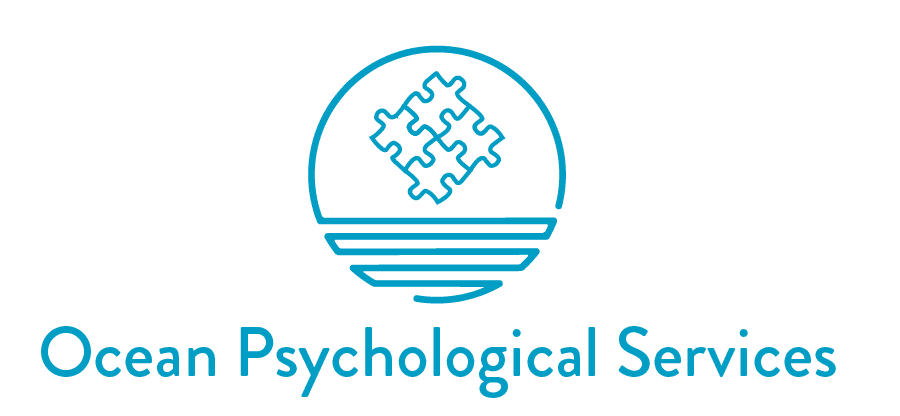Applying best practices For Human Behavior

What is ABA?
Applied Behavior Analysis (ABA) is the science of managing and predicting human behavior. It has been evaluated in studies utilizing reliable and objective measurements of the relationship between behavior to the environment. ABA supports individuals with Autism Spectrum Disorder (ASD) and other developmental disabilities in several ways that include but is not limited to the following:
- Increase on-task behavior or social interactions
- Teach new skills (e.g., adaptive or life skills, communication skills, or social skills)
- Support emotional self-regulation
- Generalize or transfer acquired skills and adaptive behavior across individuals, settings, and situations
- Limit narrow conditions under which interfering behaviors occur (e.g., modifying the learning environment)
- Reduce interfering or maladaptive behaviors (e.g., self-injury)
What are the treatment components of ABA?
ABA programs share certain key components that include but are not limited to the following:
- Data collection
- Discrete trial teaching
- Verbal behavior
- Programming for generalization to the natural environment
- Reinforcement
- Prompting and fading strategies
- Outcome-based decision-making
What are the benefits of ABA?
The benefits of ABA programs include but are not limited to the following:
- Individuals learn how to communicate and exhibit adaptive behaviors across individuals, settings, and situations.
- Individuals learn how to modify their behavior in order to complete tasks while also doing so in a timely manner.
- Individuals learn emotional regulation and coping skills, which increases their self-efficacy.
How is ABA provided at Ocean Psychological Services?
At Ocean Psychological Services, ABA sessions:
- Are conducted by Registered Behavior Technicians (RBTs) or equivalent certifications under ongoing supervision by qualified behavior analysts;
- Are delivered in a natural learning environment, and treatment methods are individualized based upon the client’s needs while utilizing evidence-based practices;
- Incorporate prompting and fading strategies while reinforcement is implemented to support an individual’s motivation and encouragement;
- Include skills that are taught and generalized across individuals, settings, and situations;
- Involve outcome-based decision-making is utilized through ongoing data collection and assessment of each individual’s performance and response to treatment; and
- Include individual client team meetings take place monthly and serve as a forum for care collaboration related to treatment across all members of the individual’s ABA team, including parents and caregivers.
Collaboration is integral to each individual’s ongoing treatment and evaluation process. All aspects of such coordination are facilitated by clear and consistent treatment data.

